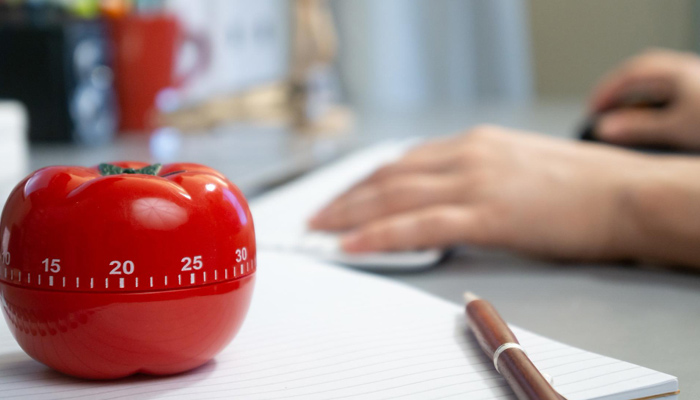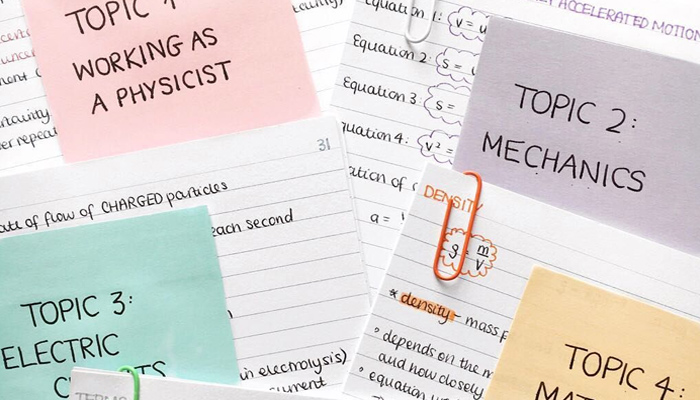
Being a student is no small task, especially when juggling classes, assignments, extracurricular activities, and perhaps a part-time job or family responsibilities. Finding time to study can feel overwhelming. But the good news is, effective learning doesn’t have to take hours on end. With a few smart, fast, and focused strategies, even the busiest students can maximize their study time and boost their academic performance. Let’s explore some easy learning tips designed for students on the go.
Prioritize Your Tasks
The key to fast and focused learning is knowing what matters most. Start by listing your assignments, exams, and projects, then rank them by urgency and importance. Tackling high-priority tasks first ensures that your limited study time goes to where it counts the most. This way, you’re not just busy—you’re productive.
Use the Pomodoro Technique to Boost Focus

The Pomodoro Technique breaks study time into 25-minute focused sessions followed by a 5-minute break. After four sessions, take a longer break. This method helps maintain laser-sharp concentration by working in manageable chunks, reducing burnout and distractions. You can easily fit Pomodoros in between classes or activities.
Harness the Power of Active Learning
Active learning means engaging with the material rather than passively reading or listening. Some techniques include summarizing information in your own words, teaching concepts to a friend, or creating mind maps. These active efforts deepen understanding and improve memory retention—perfect for students who need to learn efficiently.
Create Flashcards for Quick Review

Flashcards help with memorizing facts, vocab, formulas, and key dates. Carry physical cards or use digital apps, so you can fit in brief review sessions during free moments. Regular, short flashcard sessions are more effective than cramming, and they fit easily into a busy schedule.
Make Use of Study Groups Smartly

Studying with peers can be incredibly helpful—but only if it stays focused. Join or form small study groups that meet regularly to discuss key topics, quiz each other, and share notes. Limiting group sessions to 30-60 minutes keeps them productive and helps reinforce learning through collaboration.
Listen to Educational Podcasts or Videos
If reading isn’t possible, audio and visual materials provide a flexible alternative. Listen to podcasts or watch short videos on relevant subjects during commutes, workouts, or chores. This multitasking approach turns otherwise passive time into active learning moments.
Break Down Large Tasks
Large assignments can feel daunting, which often leads to procrastination. Break big projects into smaller, manageable tasks, and set mini-deadlines for each. This makes the work less intimidating and lets you make steady progress without last-minute stress.
Organize Your Notes Efficiently
Neat and organized notes simplify review sessions. Use digital tools with search features or keep well-labeled notebooks to track key points, formulas, and important details. Clear notes save time when studying and reduce frustration during busy periods.
Take Care of Your Mind and Body
No study tips list is complete without mentioning self-care. Adequate sleep, regular exercise, nutritious food, and hydration all support brain function and focus. Taking care of your body helps maintain energy and cognitive sharpness needed for fast, effective studying.
Use Technology to Your Advantage
From scheduling apps to digital flashcards and productivity timers, technology can help manage your time, organize study materials, and keep you on track. Explore apps that fit your study style and use reminders or alerts to build consistency.
Incorporate Regular Review Sessions

Spacing out your study sessions over time rather than cramming helps cement information in your long-term memory. Schedule brief review sessions leading up to exams or deadlines to refresh what you’ve learned and fill knowledge gaps. This spaced repetition makes studying more efficient and reduces last-minute panic.
Establish a Dedicated Study Space
Having a consistent, distraction-free study environment primes your brain for focused work. Even if space is limited, creating a tidy corner with all your important materials nearby improves concentration and signals your brain that it’s study time. Use noise-cancelling headphones or ambient sounds to block out distractions when possible.
Practice Mindfulness and Stress Management
Academic pressure can impede learning if left unmanaged. Practice mindfulness techniques—such as deep breathing, meditation, or short mental breaks—to reduce anxiety and improve concentration. Taking care of your mental health fuels better memory, decision-making, and problem-solving skills.
Prioritize High-Value Study Activities
Focus on activities that yield the most learning for your effort. For example, practicing past exam questions, self-quizzing, or teaching peers often produces stronger retention than passive rereading. Identify your weak areas and allocate study time accordingly for maximum results.
Use Visual Aids and Infographics
Many students benefit from visual learning tools. Create diagrams, flowcharts, or infographics to summarize complex ideas and connect information visually. Visual aids make reviewing easier and deepen understanding, especially for subjects like science, history, or languages.
Balance Study with Breaks and Rewards

Motivate yourself by scheduling short breaks and rewarding progress. Breaks recharge your focus and prevent burnout, while small rewards reinforce positive habits. For example, after completing a study block, enjoy a healthy snack, a quick walk, or a few minutes on social media.
Seek Help When Needed
Don’t hesitate to reach out for support—from teachers, tutors, or classmates—if a topic is unclear. Clarifying doubts early saves time and frustration later. Many schools offer academic help centers or online forums that can be convenient resources.
Final Thoughts

Being a busy student doesn’t mean you have to sacrifice learning quality. With fast and focused study techniques, you can maximize your productivity and enjoy academic success without burnout. Start by prioritizing tasks, implementing focused work sessions, and actively engaging with your material. Use technology, switch up learning modes, and always remember to care for your well-being. By integrating these easy tips into your routine, even the fastest-paced students can ace their studies with confidence and ease.
